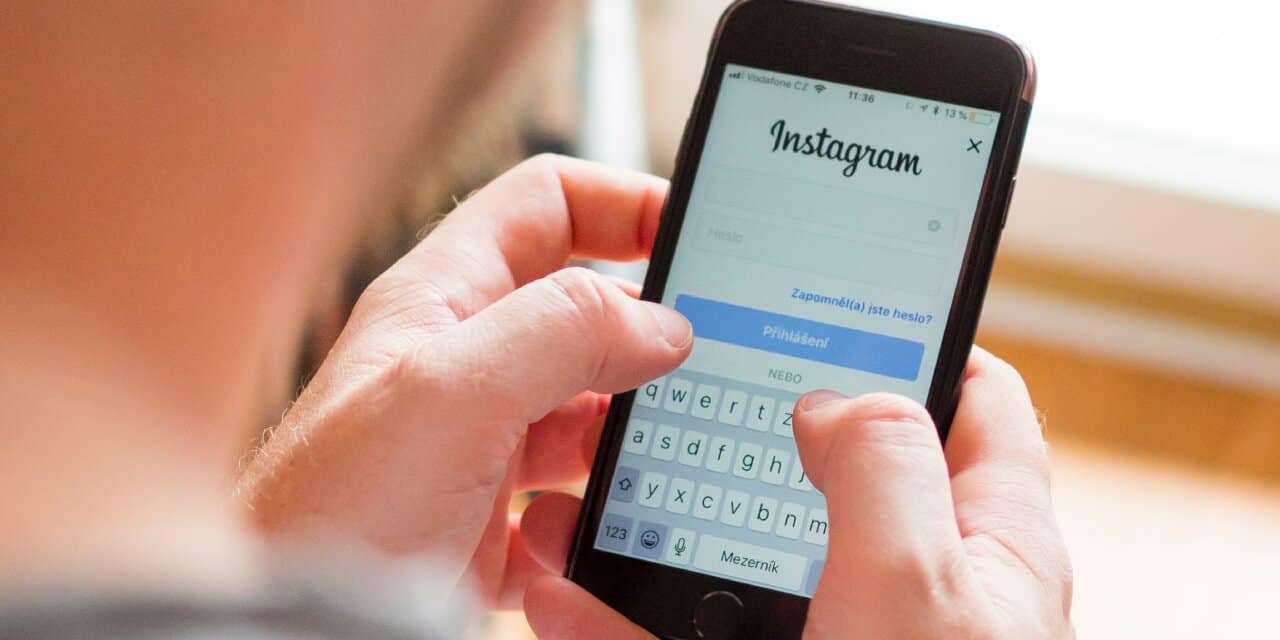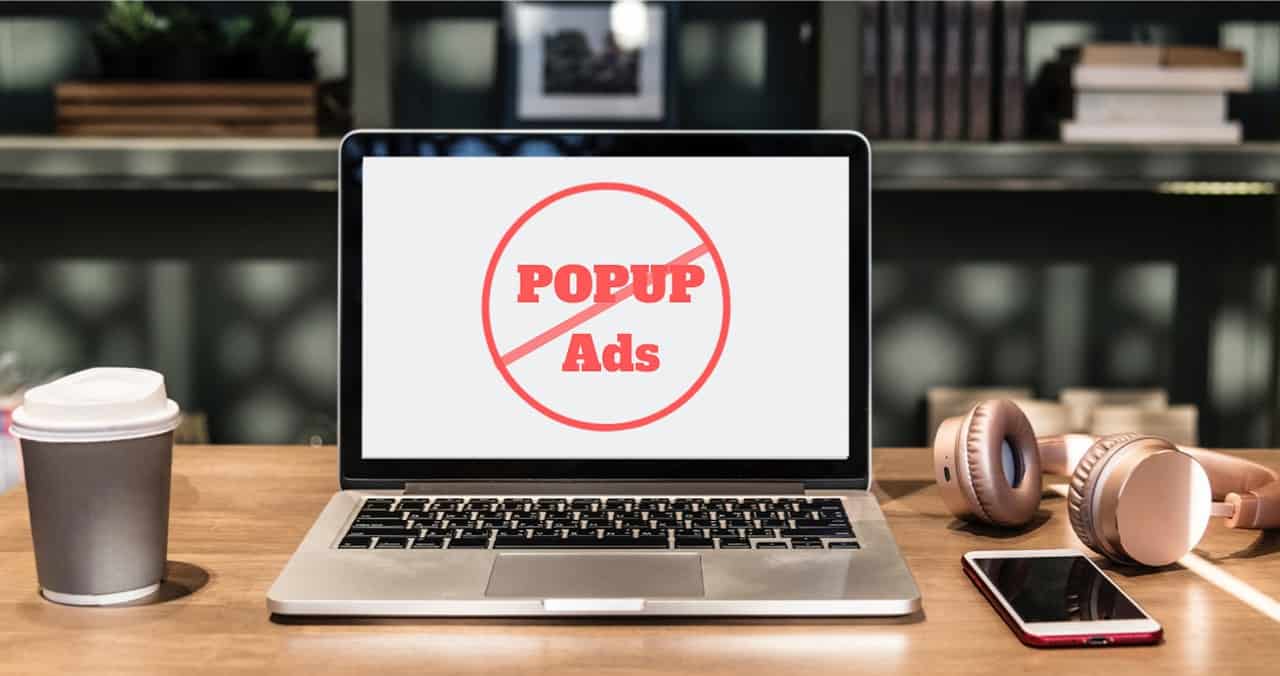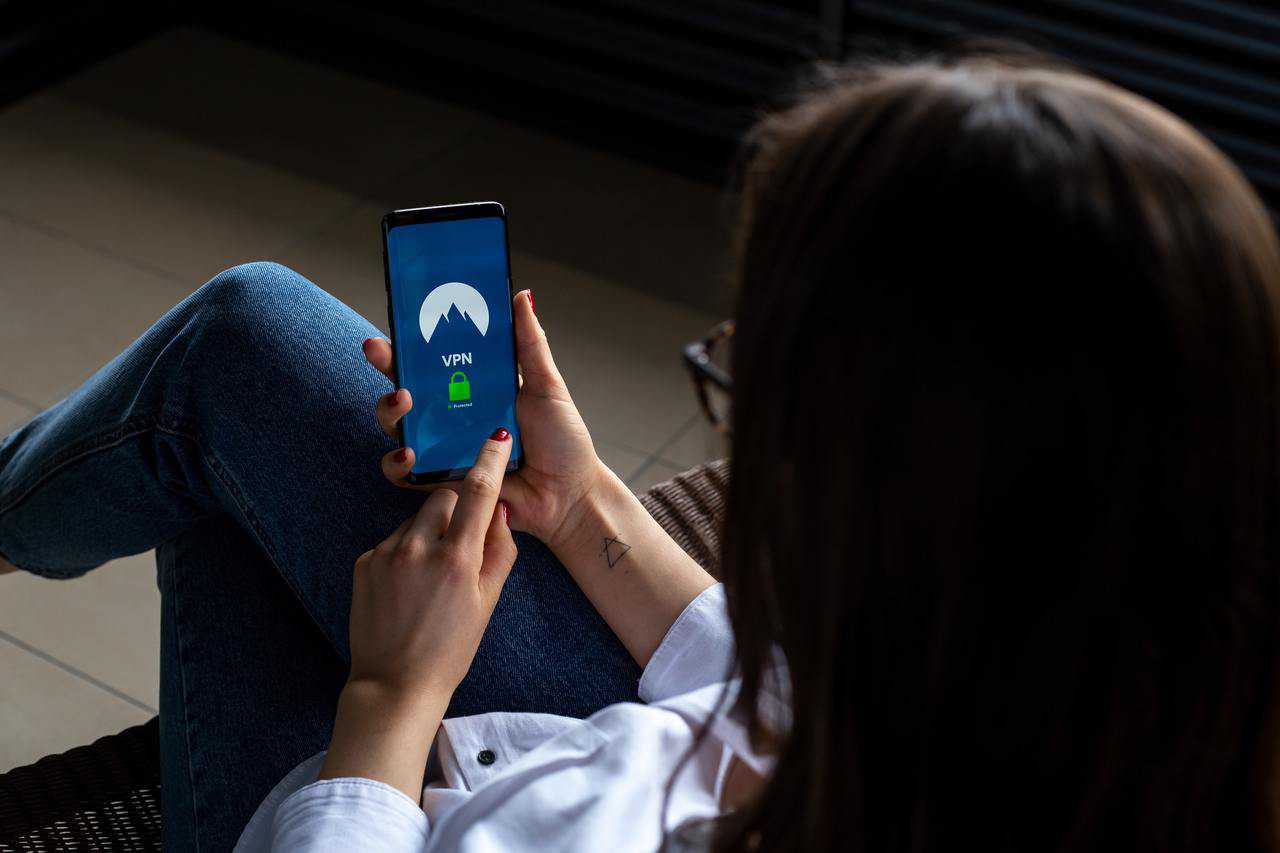Your privacy while browsing online is of utmost importance. You wouldn’t want someone peeping over your shoulder everywhere you go in the real world. This is also not acceptable online.
Companies track your data and use it to target you with ads. There are also hackers just lurking in the background waiting to get their hands on your data. This is quite concerning, but luckily, there are things that you can do to protect yourself and avoid being tracked online.
1. Use Strong Passwords

Always use strong passwords for your online accounts!
You should avoid using passwords that can be easily guessed. In addition, your passwords should use a combination of different types of characters. Numbers, letters, and symbols should be included to make it harder for your accounts to be compromised.
You should also avoid reusing passwords as this may cause several of your accounts to be compromised simultaneously in the event of an attack.
2. Use Two-Factor Authentication
Two-factor authentication adds another layer of security to your online accounts. Having strong passwords is important, but two-factor authentication will help to further solidify your protection while online.
By using another means of verifying your identity, such as with a text message, two-factor authentication makes it much more difficult for malicious parties to compromise your data and track you online.
3. Avoid Consumer Cloud Services

The cloud is becoming more and more popular these days. This is for good reason.
With high-speed internet service, it’s easy to access large amounts of your data without having to worry about having this data stored on your computer. However, these services have been hacked often in recent times. So you should definitely avoid putting personal data on these services if you must use them at all.
4. Avoid Using Messaging Apps That Don’t Use End-to-End Encryption
Services like Whatsapp and Signal use end-end-encryption to protect your messages. This means that only you and the person you’re sending a message to will be able to read what was sent.
This protects you from hackers and means that your messages won’t be used to track you.
5. Use an Ad Blocking Service

Ad blockers are useful tools for blocking annoying ads. Many adblocking services also include tools that stop companies from tracking you online. However, you should be careful about how you use these services.
For example, you should disable adblockers on useful websites that rely on ads to survive. Some websites legitimately only exist to provide you with useful information and having your adblocker block their ads does them a huge disservice.
6. Only Enter Your Credit Card Information On Secured Websites
You should always check to see if websites that accept credit card payments are using https. Meaning that the website’s URL should start with https and you should see a lock in the left part of the address bar.
This protocol is important for protecting your financial information while it is being transmitted to financial institutions.
7. Use a VPN

Virtual Private Networks (VPNs) mask your presence while you’re online by rerouting your internet connection through secure third-party servers. By doing this, no one, including your internet service provider (ISP) can see what you’re doing online.
Your ISP for instance will only know that you accessed the internet but they won’t be able to determine what websites you accessed.
8. Avoid Social Media Logins and Linking Accounts Together
Linking your accounts together and using social media logins can make accessing your online accounts easier. However, there is some risk involved with this.
For example, if you log in with your Facebook account to multiple services, if this account is compromised, then all of the services that you access with your Facebook account will be at risk too.
Having your accounts linked like this also makes it easier for malicious parties to deduce your habits.
9. Use the Tor Browser To Access the Web Anonymously

You can mask your presence online with the Tor browser.
Tor offers even more protection than a VPN since this browser routes your connection through several servers while encrypting your data. However, you should note that Tor slows down your connection noticeably.
10. Avoid Public WiFi Networks
You should avoid using public WiFi networks in places like coffee shops. These networks can be easy to hijack and intercept. Also, your data is at risk while you use these networks and you may even compromise your personal data and make it easy for malicious parties to track you.
If you must use a public WiFi network, then you should be connected to a VPN while you use the network.
Wrapping Up
Your privacy and security online are of utmost importance. That is why you should do everything in your power to avoid being tracked while online.
Consider using the 10 tips listed above, to help you to avoid being tracked online.
